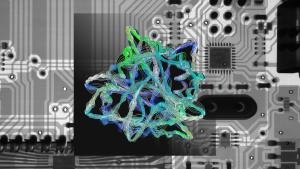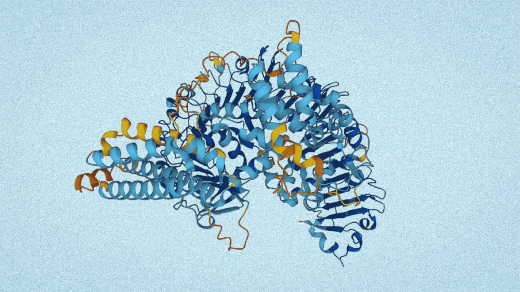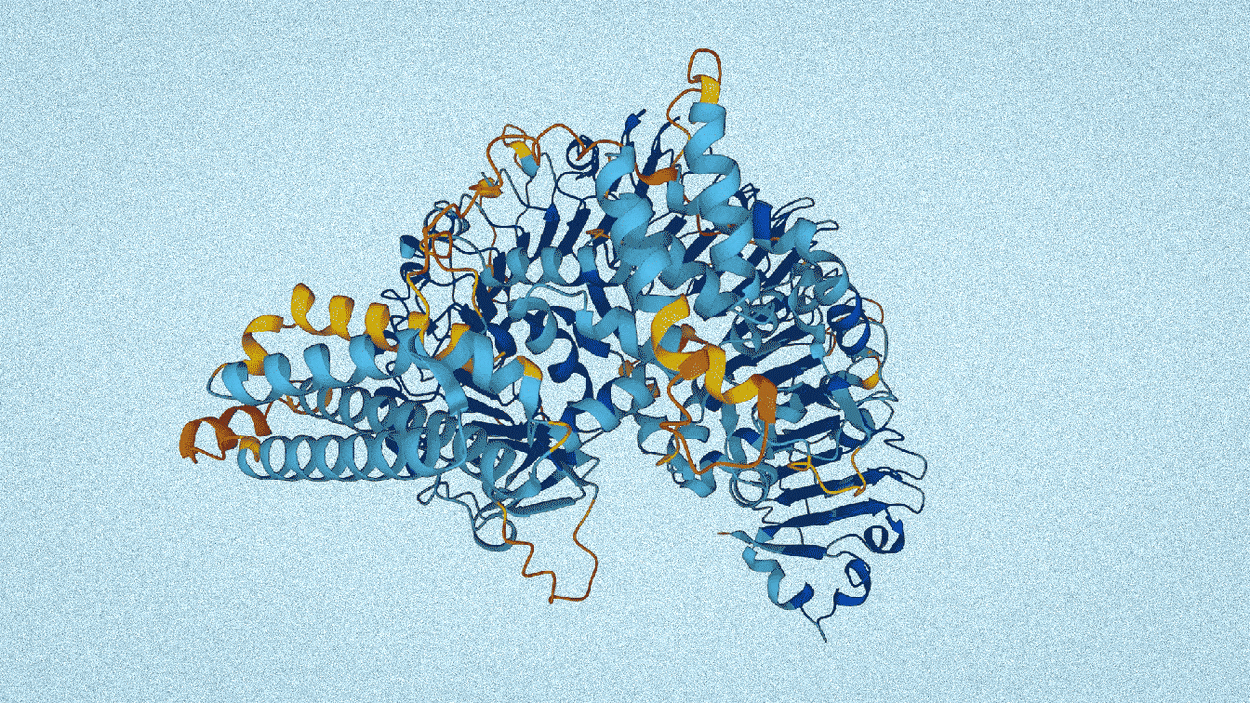DeepMind’s latest AI tool could help create life-saving cures
Scientists around the world researching disease mitigation and vaccine development may now be better equipped, thanks to a new AI tool that has predicted nearly every protein known to science. The Alphabet-owned company responsible has just added more than 200 million new proteins to its database, increasing the contents of the digital trove by 200 times.
London-based AI lab DeepMind started this work toward its “Google search for protein structures” in 2020. In 2021, its AlphaFold tool documented 350,000 protein structures, including all those known contained in the human genome. The latest update represents proteins from practically all of Earth’s species. The data it has revealed is a boon to drug and vaccine discovery in particular, where scientists need to know the intricate structures of proteins to understand diseases and create new medicines.
Proteins are complex and vital substances made up of long chains of amino acids, and are responsible for almost all the tasks undertaken inside cells. But their shapes wildly differ, and knowing what forms they take allow scientists to understand how they function. A 1969 paper estimated any protein could have anywhere up to 10^300 possible shapes.
Previously, in order to predict shapes, teams have used laborious methods including x-ray crystallography and cryo-electron microscopy. By contrast, AlphaFold can process the shape within minutes, using information about the protein’s chemical compounds. It offers about the same accuracy as the old methods, with about 35% of the results rating as highly accurate, and 45% accurate enough. The tool can also act as a verification for findings from the past techniques.
DeepMind’s entire database is available to scientists around the world for free. At 23 terabytes, it’s a lot of information to download, but it’s already proving highly valuable. Since the last update, scientists in Britain have used the tool to identify the shape of a malaria parasite protein, to help develop a vaccine for the disease. Another team in Norway now better comprehends an immunity-inducing protein made by many animals that could help protect honeybees from disease.
The DeepMind team says the findings will contribute to work in a relatively new field of science called metaproteomics, essentially the experimental study of proteins in microbial contexts. “From fighting disease to developing vaccines, AlphaFold has already enabled incredible advances on some of our biggest global challenges,” wrote DeepMind’s CEO Demis Hassabis in a blog post, “And this is just the beginning of the impact that we will start to see over the next few years.”
Recommended for you

How a scientist taught chemistry to a celebrated AI

This is the secret to transform a bad boss into an effective leader

Meet the scientists who created the first open-source COVID-19 vaccine
Fast Company , Read Full Story
(72)



